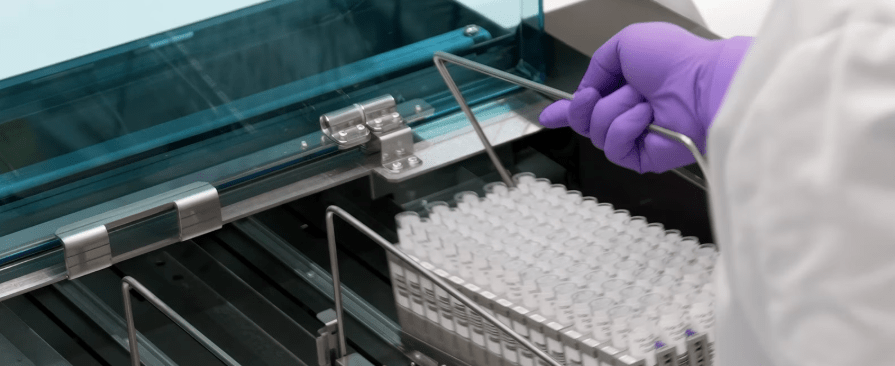The categorization marks the first mass spectrometry test with this designation, potentially opening access to labs previously limited by complexity and specialized staffing requirements.
The US Food and Drug Administration has categorized Roche’s Ionify 25-Hydroxy Vitamin D total assay as “Moderate Complexity” under the Clinical Laboratory Improvement Amendments of 1988 (CLIA), marking what the company says is a milestone for mass spectrometry-based testing accessibility.
The categorization represents the first mass spectrometry-based test to achieve this designation, potentially expanding access to laboratories that previously could not perform such testing due to complexity requirements and specialized operator needs.
The assay runs on Roche’s cobas i 601 analyzer, part of the cobas Mass Spec solution. The system combines mass spectrometry’s analytical capabilities with standardized workflows designed to reduce variability across laboratories.
“Achieving this level of automation for a mass spectrometry assay is a breakthrough for routine diagnostics,” says Brad Moore, president and CEO of Roche Diagnostics North America, in a release. “It will allow more labs to deliver highly accurate results efficiently, helping clinicians make better-informed decisions and ultimately improving patient care.”
Workflow Automation and Standardization
Traditional mass spectrometry testing has typically required specialized laboratories with expert operators due to complex workflows. The cobas Mass Spec solution aims to address these limitations through automation and standardization.
Roche’s proprietary chemistry enables what the company describes as scalable automation with faster, more reproducible workflows compared to conventional mass spectrometry methods. This approach is designed to reduce the need for outsourcing advanced testing to specialized facilities.
The Ionify 25-Hydroxy Vitamin D total assay represents the initial offering in Roche’s planned US pipeline for the cobas Mass Spec solution. The company already offers multiple mass spectrometry assays in countries accepting the CE mark, with additional global launches anticipated.
Market Impact and Laboratory Access
The moderate complexity designation could significantly impact laboratory testing capabilities. Under CLIA regulations, moderate complexity tests can be performed by a broader range of laboratory personnel compared to high complexity tests, which require more specialized training and oversight.
This categorization may enable smaller and mid-sized laboratories to incorporate mass spectrometry testing into their routine operations, potentially reducing turnaround times and costs associated with send-out testing.
The company emphasizes that the solution also offers environmental sustainability benefits compared to conventional mass spectrometry methods, though specific details were not provided.
Roche plans to showcase the cobas Mass Spec solution at the Mass Spectrometry & Advances in the Clinical Lab Conference in Montreal, Canada, from Sept 21-26, 2025.
Photo caption: The assay runs on Roche’s cobas i 601 analyzer.
Photo credit: Roche





